Many dog trainers tout the power of special food rewards when training our four-legged friends using positive reinforcement - and cheese is often one of them. But even though it's often used as a training tool, many pet owners may wonder if cheese is something that their dog should have on a regular basis. The answer is no - not on a regular basis. This type of reward should be reserved for special situations.
Cheese may be used very occasionally for a "high value" reward in situations where we need extra motivation in training (for example during high distraction areas, vet offices etc), but to use it as a normal part of the diet will make it a less effective training tool and adds on a lot of extra calories that are not needed in most cases, since many dogs are already overweight. A one-inch cube of cheese is a significant calorie source, especially in smaller breeds and can contribute to obesity.
Can Dogs Eat Cheese?
In general, most dogs can safely eat cheese when fed in small amounts. But there are always exceptions -such as dogs who have difficulty processing dairy. Just like some humans, not all dogs can digest cheese, and dogs with severe cases of lactose intolerance may experience adverse reactions to cheese even when it's consumed in small quantities.
A sugar that occurs naturally in milk, lactose is something that's readily tolerated by young mammals like puppies because they naturally produce an enzyme (lactase) that enables them to digest it. But, as they get older and no longer require their mother's milk for survival, adult dogs don't produce as much lactase, which is why introducing cheese later in life can sometimes cause tummy troubles. There are also some dogs that may be allergic to the proteins in cow’s milk.
As always, you should consult your veterinarian before offering any human food to your pet, but you'll also want to watch your dog closely for signs of intestinal upset after offering cheese for the first time. If your dog is having a negative reaction to cheese, you'll likely notice digestive changes such as constipation, diarrhea, gas, or vomiting, and these would all warrant a call to your vet.
But, even if you don't notice any symptoms of stomach distress when your dog snacks on cheese, it's still best to offer this particular treat in moderation. Cheese does contain some benefits, including calcium, vitamin A, protein, essential fatty acids, and B-complex vitamins, but it's also high in fat and sodium. So while your pooch may reap the benefits of a high-calcium human food like cheese (which can help promote strong and healthy teeth and bones), it doesn't necessarily mean you should allow your dog to munch on cheese on a daily basis.
Dangers of Cheese for Dogs
Because of its high fat and sodium content, allowing your dog to eat cheese too often can cause lead to weight gain and other obesity-related health issues. Consuming too many high-fat foods can also result in more serious conditions like pancreatitis, which can be fatal.
Just like in humans, high amounts of sodium can lead to issues such as high blood pressure and even organ damage. Although some sodium is necessary in your dog's diet, if you're offering your pooch a high-quality dog food then he's likely getting all the sodium he needs.
Additionally, pet parents should pay close attention to the types of cheese that they're offering their dogs. Some cheeses contain herbs or other additives that can be toxic, such as onion, garlic, or chives.
And what about spreadable cheeses, like the cream cheese on the bagel your dog would probably love to devour? These types of cheeses tend to be unripened and contain a high amount of lactose, and sometimes even cream. They tend to be extra fatty, so they are not recommended unless it is just a very small amount occasionally.
How to Offer Cheese to Your Dog
Anyone who has ever had to give pills to a dog knows the magic of cheese (or peanut butter) as a sneaky way to get them to cooperate, especially since the fat found in cheese can help your dog absorb fat-soluble vitamins. And as previously mentioned, small tastes of cheese can be highly motivating as a treat for dogs. If able, use other treats first (many puppies will work for their own kibble or for cheerios). If you do use cheese, be sure to keep the pieces small and that your dog can safely tolerate it. If you're offering string cheese, be aware that its stringiness can make it a choking hazard. It is best cut or broken it into small chewable chunks, instead.
Cheese should not be a routine part of your dog's diet. Rather, keep your dog on a consistent fully formulated canine diet, offer healthy low-calorie treats as rewards for positive reinforcement of desired behaviors. Save the cheese for rare occasions that a stronger motivator is needed IF your dog is not overweight, not prone to pancreatitis, gastritis, or other gastrointestinal concerns.


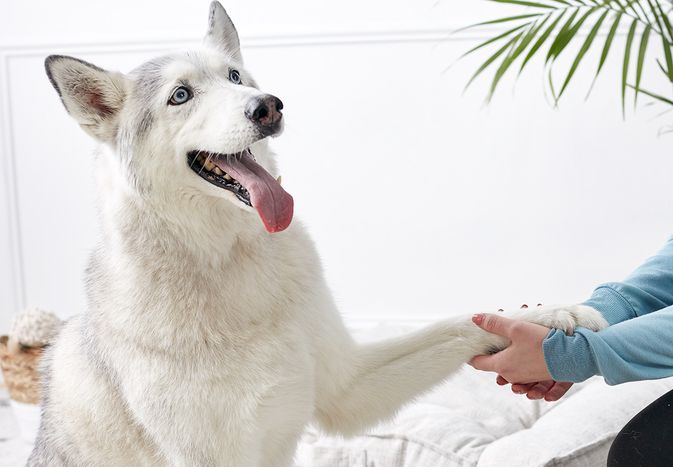
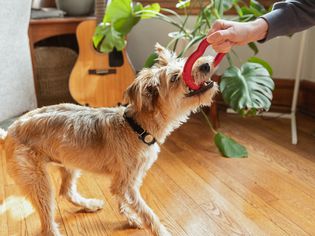
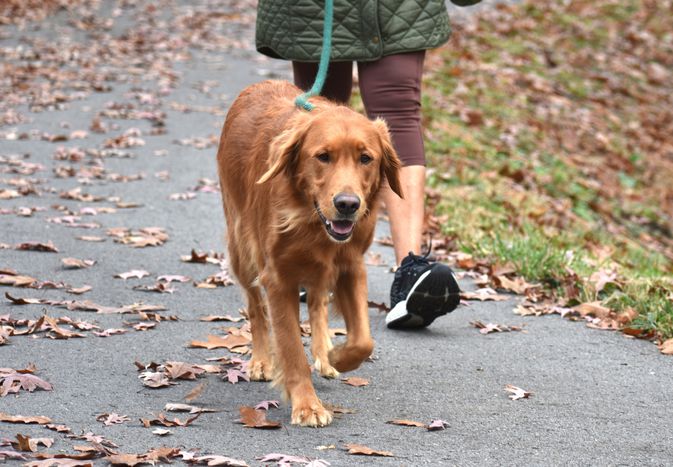
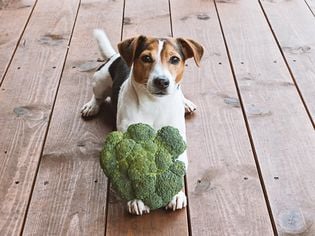
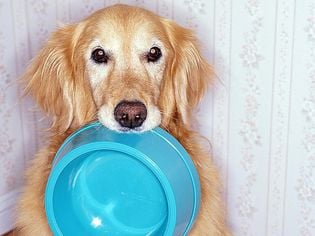
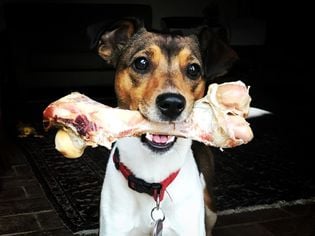


Comments on " Can Dogs Eat Cheese?" :